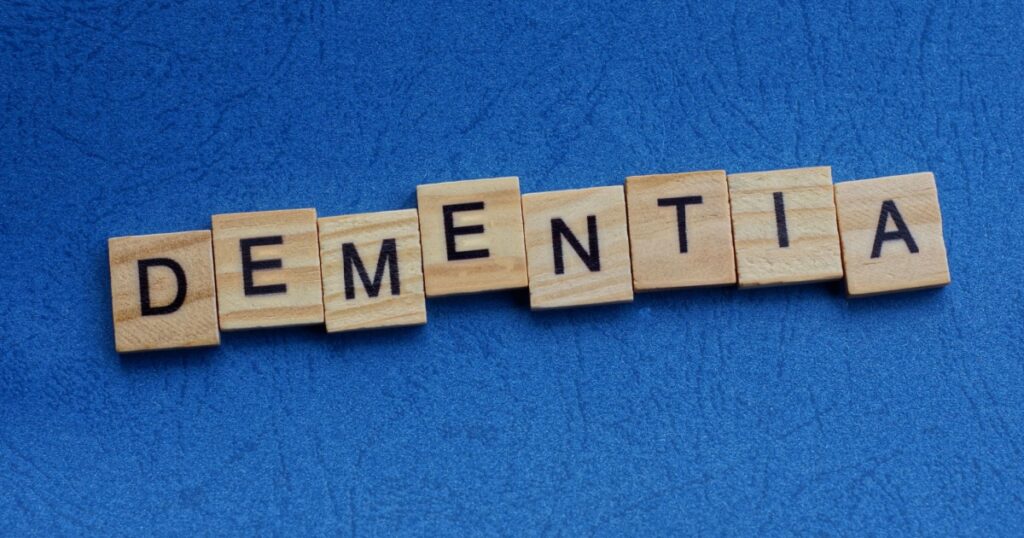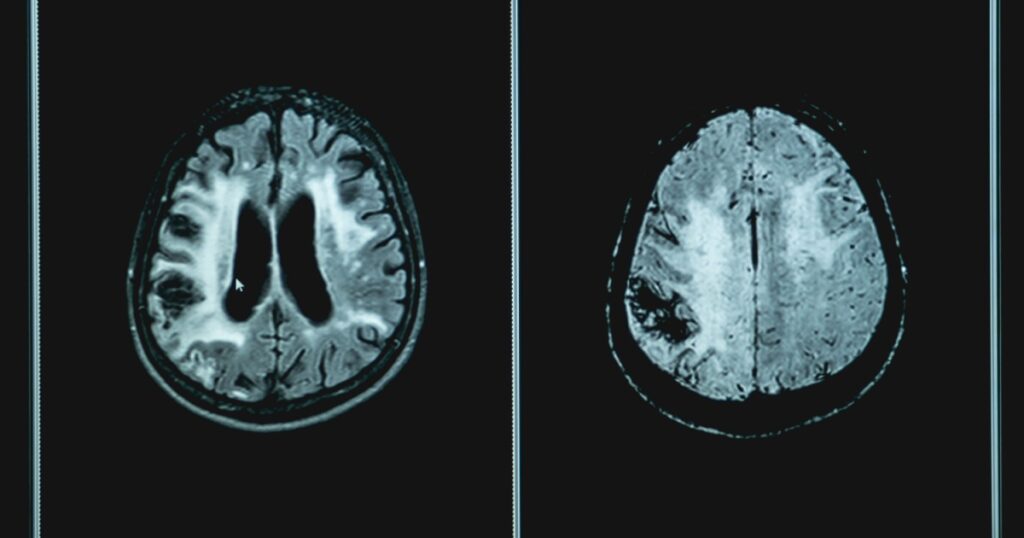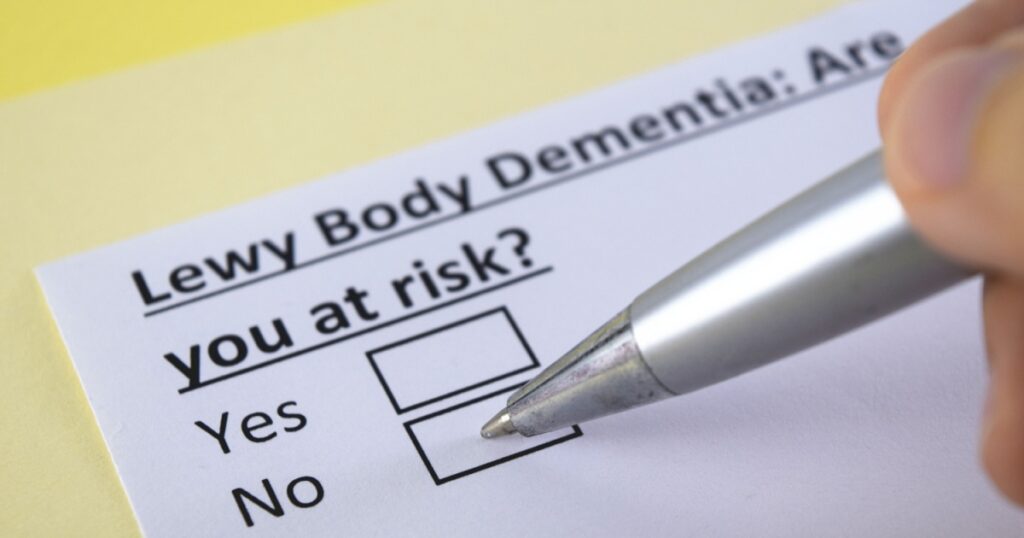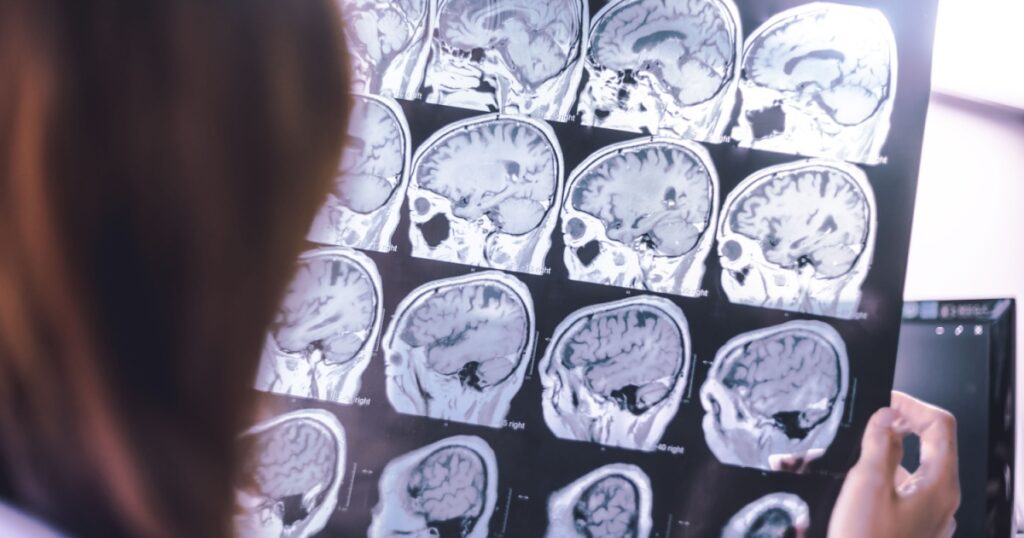Dementia is a term that encompasses a range of cognitive disorders that impact memory, language, and other thinking abilities to a degree that interferes with daily life. While Alzheimer’s disease is often the first condition that comes to mind when discussing dementia, it is just one of many types. According to experts, there are various forms of dementia, each with its own characteristics and symptoms. Identifying the specific type of dementia is crucial for early intervention and management. These are the eight different types of dementia and how to recognize their symptoms.
Understanding Dementia

Dementia is a condition that indicates a decline in cognitive abilities, often affecting memory, communication, reasoning, and problem-solving skills. It is caused by damage to brain cells, leading to impairments in various mental functions. Dementia can have a profound impact on an individual’s quality of life and their ability to perform everyday tasks independently. Early detection and diagnosis of dementia are essential for implementing appropriate treatment strategies and support. (1)
Read More: Before Dementia Sets in, Your Body Will Give You These 12 Early Warning Signs
The Eight Types of Dementia

Most of the time when we think of dementia, we think first of Alzheimer’s and then we lump the rest of them altogether as just “dementia”. This, however, is an oversimplification of a very complex disease. These are the eight types of dementia so that you will have a better understanding of this illness. (2)
1. Alzheimer’s Disease

Alzheimer’s disease is the most common form of dementia, accounting for 60-80% of dementia cases. It is characterized by the formation of plaques and tangles in the brain, leading to a gradual decline in cognitive function. Symptoms typically include memory loss, confusion, and challenges in performing daily tasks.
2. Vascular Dementia

Vascular dementia occurs when blood flow to the brain is blocked, causing damage to brain cells. This type of dementia is often associated with strokes or other vascular issues. Symptoms can vary depending on the severity of the blockage and may include memory loss, impaired motor skills, and mood changes.
3. Lewy Body Dementia

Lewy body dementia is characterized by the buildup of abnormal protein deposits called Lewy bodies in the brain. This condition shares similarities with Parkinson’s disease and can result in cognitive impairments, hallucinations, and motor symptoms such as muscle rigidity and tremors.
Read More: Woman Who Had Dementia For 5 Years Turned Out To Have A Common And Reversible Condition
4. Frontotemporal Dementia

Frontotemporal dementia affects the frontal and temporal lobes of the brain and is more common in individuals under 60. This type of dementia is associated with changes in behavior, language difficulties, and emotional disturbances, often leading to misdiagnosis as a psychiatric disorder.
5. Normal Pressure Hydrocephalus (NPH)

NPH occurs due to the accumulation of cerebrospinal fluid in the brain’s ventricles, leading to symptoms resembling dementia. It is considered a treatable form of dementia through surgical intervention to drain the excess fluid. Symptoms may include gait disturbances, cognitive decline, and urinary incontinence.
Reducing Your Dementia Risk

While some factors contributing to dementia risk, such as age and genetics, are beyond our control, there are lifestyle choices that can help reduce the risk of developing dementia. Maintaining a healthy diet, engaging in regular physical exercise, staying mentally active, managing chronic conditions like hypertension and diabetes, and getting sufficient sleep are key strategies to promote brain health and potentially lower the risk of dementia. (3)
The Bottom Line

Understanding the different types of dementia and recognizing their symptoms is crucial for early diagnosis and intervention. By raising awareness about the various forms of dementia and their distinct characteristics, we can improve our ability to identify and support individuals affected by these conditions. Additionally, adopting a brain-healthy lifestyle can play a significant role in reducing the risk of developing dementia and promoting overall cognitive well-being. Through continuous research, awareness, and proactive measures, we can strive to enhance the quality of life for those living with dementia and work towards a future with improved treatment options.
Read More: There are 15 Factors Linked to Early Onset Dementia Risk, Study Reveals
Sources
- “What Is Dementia? Symptoms, Types, and Diagnosis.” NIA
- “Types of Dementia.” ALZ
- “Managing the risk of dementia.” Alzheimers

